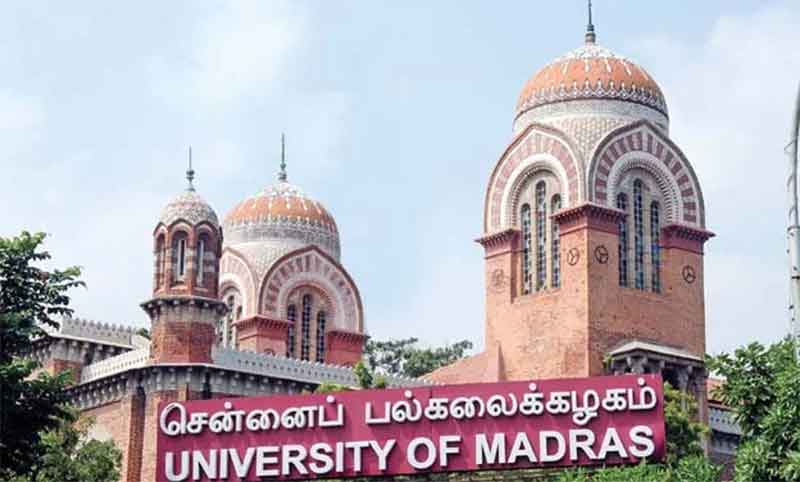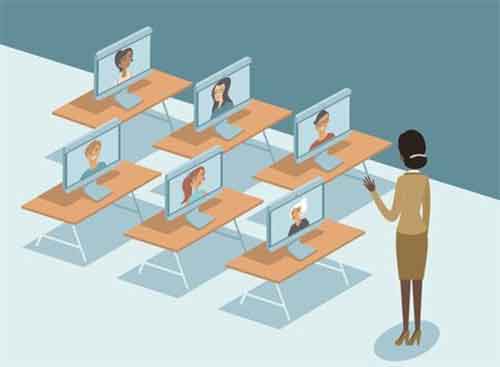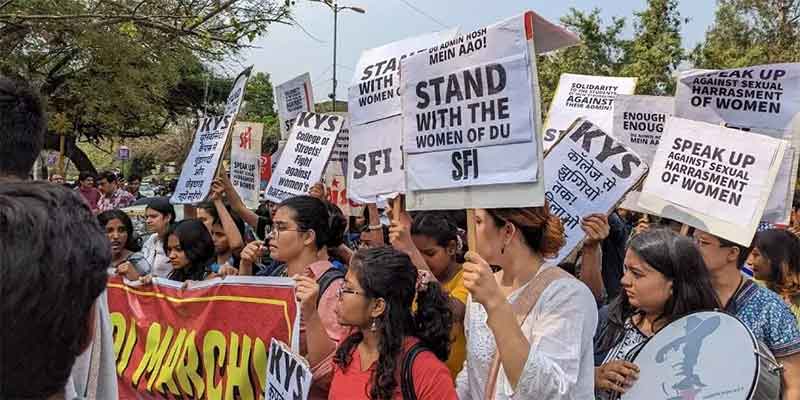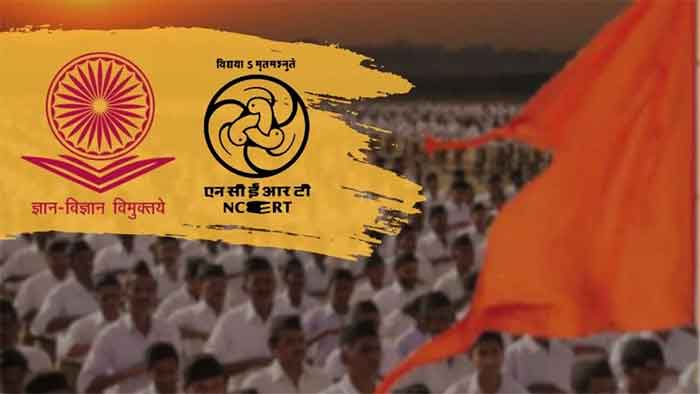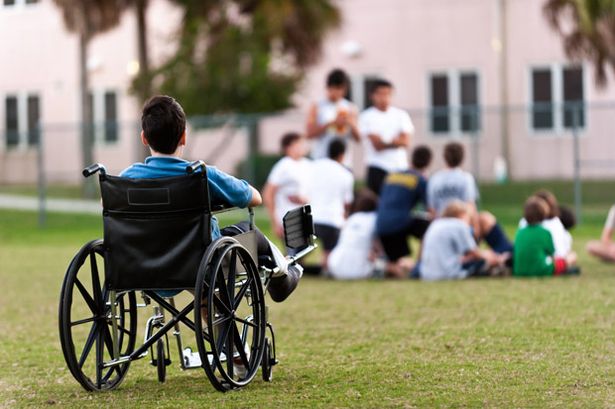
When the nation celebrated children’s day, much was discussed about the pathetic situation of education as well as malnutrition of children. But, a recent Supreme Court observation on education of disabled has raised many questions on the right of disabled children to equal education along with normal children. ( Supreme Court suggests separate schools for children with disabilities : Observation violates laws on equality ; hampers inclusive education , Kangkan Acharyya, First post.com October 29,2017). This has attracted criticism from child rights activists.
Special needs
Every disabled child has some special needs and requires resource teachers to augment his/ her understanding of the lessons. Various types of disabilities need aids in accordance with nature of disability. Therefore, the suggestion of special schools looks logical on many grounds.
First, the teacher will be able to explain lessons keeping in view the nature of disability. Secondly, the child will have a one – to – one contact with the teacher so that grasping of the subject matter becomes easy. Further, disabled children often feel discomfort with normal children as they are likely to be looked upon as inferior and do not show interest in integrating them in their school activities. This makes disabled more conscious of the handicap and impedes in learning.
Exclusion
On the other hand, such special schools lead to isolation and exclusion from society. Though disabled may feel bad and sensitive with certain acts of normal child, the interaction helps in co- operation and mingling becomes easier with continuous exposure. When both disabled and normal are given education in integrated schools, both learn to live with each other. This is more difficult when disabled have special schools. While growing in same conditions, children will acquaint each other’s social, economic and psychological conditions that would help in shaping life later on.
Integration with special care
Teachers must be trained in such a way that they can handle both disabled and normal children at the same time. Conducting special classes after school hours, preparing normal children to live with disabled by assisting them in their studies in life, encouraging disabled in all normal activities, etc may go a long way in improving disabled educationally and psychologically.
Court observation
Disabled do not need special schools but special attention in normal schools to supplement their understanding of subjects. They need equal treatment by the society and not mere empathy. The court should have made a progressive observation and opted for integrated school education with some special attention on specific disability. But, this observation of special schools may not help the disabled in totally integrating with society later in life. The observation is a hindrance to the fundamental right of equality. This matter needs to be debated
Sheshu Babu is a writer from anywhere and everywhere


